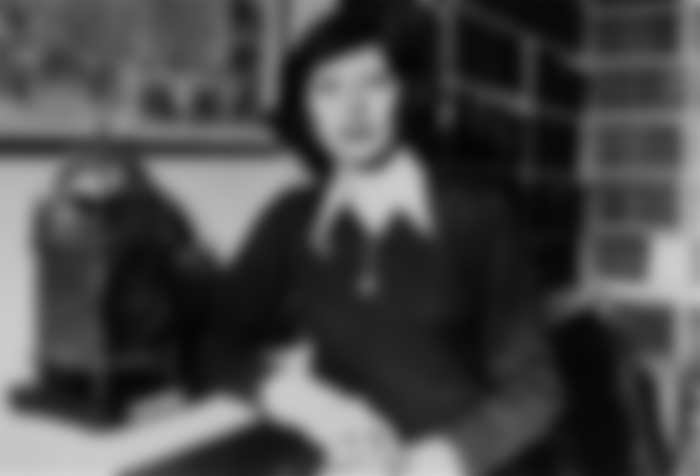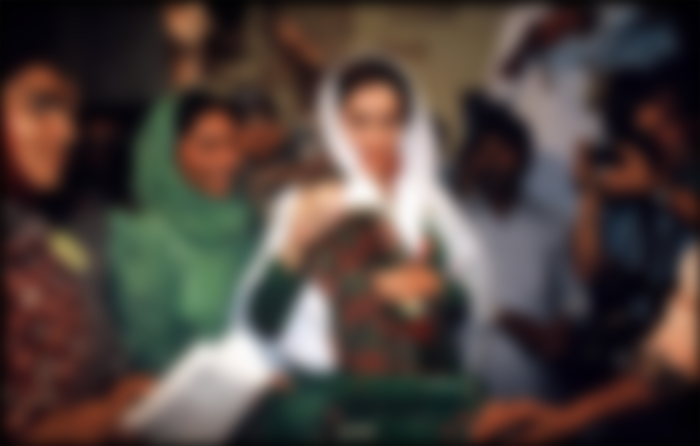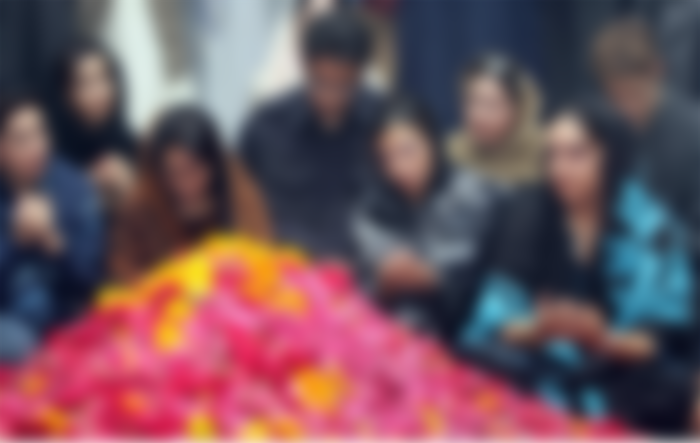Benazir Bhutto - the first woman to head a Muslim state
Benazir Bhutto was a Pakistani politician who tried to lead the country through democracy and the growth of civil society. That road was thorny, marked by house arrest and exile from Pakistan until a tragic death in a suicide attack.

Bhutto was born on June 21, 1953 in Karachi. Her father, Zulfikar Ali Bhutto, was Pakistan’s first democratically elected prime minister. Benazir and her mother Begum Nusrat Bhutto took over the leadership of the Pakistan People’s Party after her father’s assassination. She received her early education in Pakistan, after which she went to the United States and attended Radcliffe College and Harvard. She completed her higher education in the United Kingdom, at Oxford, where she studied philosophy, political science and economics.
She returned to Pakistan in 1977 after her father was overthrown by General Mohammad Zia ul-Haq. In 1979, after the execution of his father, Benazir was under house arrest until 1984, when he left for England. The execution of her father is not the only family tragedy in her life: her brother Shahnawaz was killed in 1980 and another brother was killed in a 1996 clash with police in Karachi.

In 1986, Benazir returned to Pakistan, and two years later, after the death of General Zia, she ran for office and became prime minister. The first term lasted until 1990, after which she was removed. In the 1993 elections, she ran again and became Prime Minister, but in 1996 the situation six years ago was repeated and Bhutto was again removed by the President of Pakistan. The dismissals followed repeated allegations of corruption, but Bhutto is believed to have resented the military leadership after trying to democratize the country and lean towards the west.

In her campaign, Benazir promised to repeal strict laws that violated women's rights, but failed. But her attempts cannot be disputed: she is the founder of the Women's Council of World Leaders, she appointed judges and created a women's department in the government, but fundamentalist Islamic laws could not be removed for her government. She received the 2005 World Tolerance Award for her work.

In 1990, she became the first woman in history to give birth during her tenure.
Following General Pervez Musharraf's coup in 1999, Benazir is out of the country facing arrest and imprisonment for corruption. She spent exile in London and Dubai, and returned to Pakistan in 2007 after being amnestied by Musharraf.
Her return was greeted with great enthusiasm, but it was then that the first attack on Benazir took place when a suicide bomber blew himself up and took about 140 people to his death. Benazir survived this attack, protected by an armored vehicle.

In Rawalpindi, on December 27, 2007, the attackers succeeded in their plan. During the election campaign, the attacker shot at the vehicle in which Benazir was and then blew himself up with a bomb. Dozens of people were killed, including Benazir. She died of severe head injuries.
Pervez Musharraf is also accused of planning her death. Foreign investigators conducting the investigation felt he had not provided her with sufficient security even though Bhutto was already receiving death threats. Musharraf's motive for the assassination can be found in the fact that Bhutto had evidence that the general intended to rig the January 2008 elections.

Many believe that with the death of Benazir Bhutto, Pakistan missed the chance to become a liberal and secular country. Today, the direction of Pakistan's movement is increasingly towards a religious, intolerant and militarized state.





